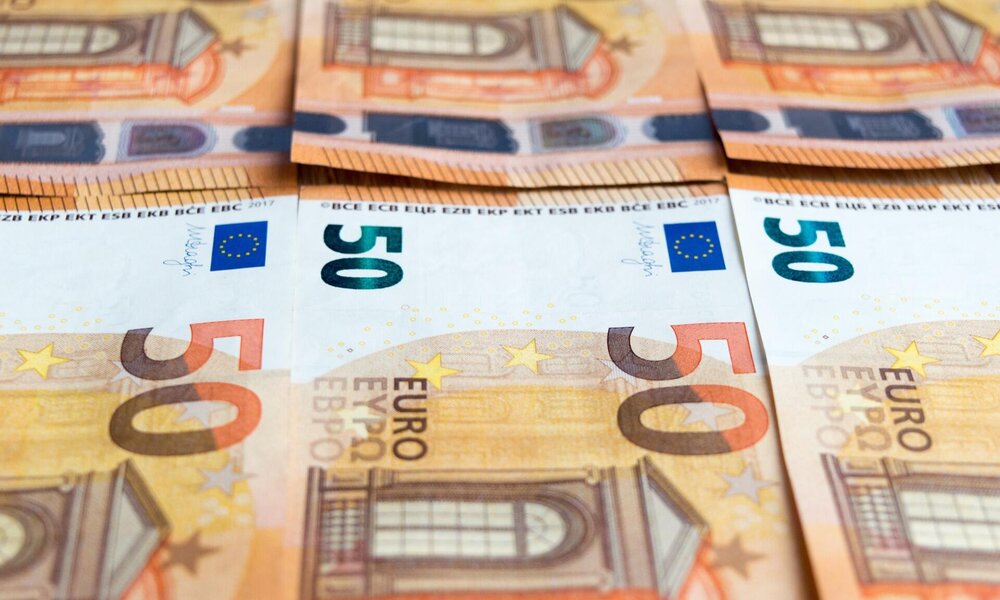
After several months of movements, which culminated last summer with the green light from the ECB for the research phase necessary for the future launch of the digital euro, the European Union is already officially planning its implementation. And according to Politico has set in 2023 the year in which will present a bill to lay its legal foundations in view of the work that the European Central Bank is already carrying out. It will, if all goes according to plan, at the beginning of the year.
The EU’s plans regarding the digital Euro have been announced by the Commissioner for Financial Services and EU Finance Officer Mairead McGinness in the course of a fintech conference. A few weeks have therefore had to pass since, in the middle of last November, the member of the Board of Directors of the ECB Fabio Panetta rush the institutions to start implementing the digital Euro, saying that «if we don’t meet this demand, then others will«. Panetta also referred to the EU, noting that «as co-legislators«, they will have «a key role in any changes to the EU legislative framework that may be necessary to launch a digital Euro«.
According to the ECB, the digital Euro will be neither more nor less than «like a euro: like banknotes but digital. It would be an electronic format of money issued by the ECB and the national central banks, and accessible to all citizens and businesses. The digital Euro would not replace cash, but would complement it. The Eurosystem will continue to ensure that you have access to cash in the euro zone. A digital Euro would give an additional choice on how to pay and make the process easier, which would contribute to accessibility and inclusion.«.
They are quite idealistic goals, and making them a reality will be complicated, yes. But the fact that the EU is waiting until next year to present the first legal bases for a digital Europe shows how methodical the process is being for both the EU and the ECB.
The ECB is currently conducting internal experiments with the digital Euro and hopes to start work on a prototype by the end of 2023. Eurozone leaders will then decide whether it is worthwhile for them to mint a digital Euro. If that’s okay with you, the virtual currency will still take a few years to be ready. At the earliest, it will arrive in 2025. These are adequate deadlines for what is a legislative process in the EU, since the bill will have to go through negotiations with the EU countries, as well as with the Parliament of the Union. Union before it becomes a law.
Next month a public consultation will be opened on the matter by the executive arm of the EU, but instead of focusing on the request for comments on the matter that it made in 2020, when the biggest problem for the implementation of the digital Euro turned out to be the privacy of payments, it will now turn to how the digital Euro could be used. For example, in the management of daily payments. In addition, an assessment of its impact will be carried out, to take into account what security measures are needed to prevent the measure from destabilizing the financial system.
For example, banks fear that savers will want to convert their deposits into the digital currency, backed by the central bank, with the push of a button, if there is another financial crisis. That is why it is necessary to consider all the options and scenarios and regulate everything to the millimeter. And although the Governing Board of the ECB will be the one that makes the final decision on whether it is necessary to launch a digital Euro, the legislators of the European Commission, and of Europe, are already convinced of it.
The President of the Eurogroup, Paschal Donohoe, has also put the digital Euro on its policy agenda for discussion among EU finance ministers. And the German Chancellor Olaf Scholzalready stated last year in this regard that «We must move at full speed. No one will wait for us. I am convinced that the eurozone countries need to take a more active part in the process, and play a stronger role«.



